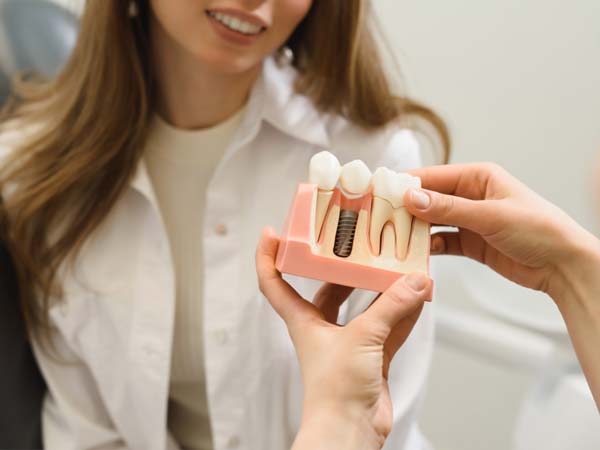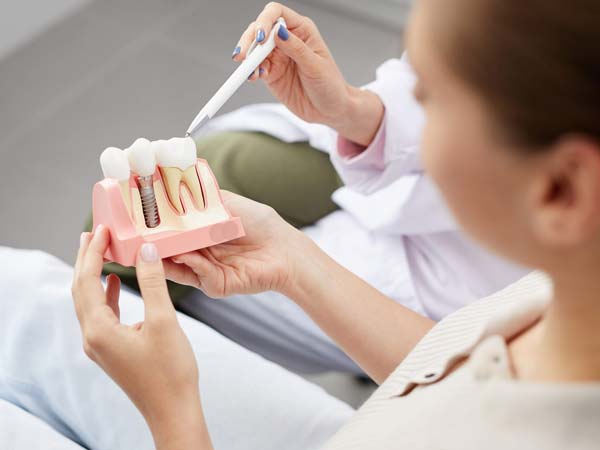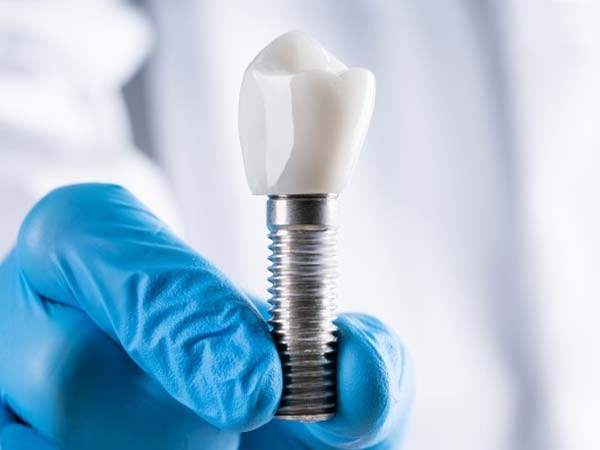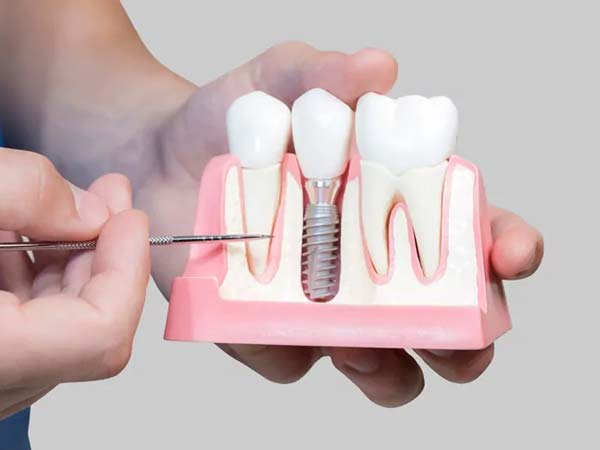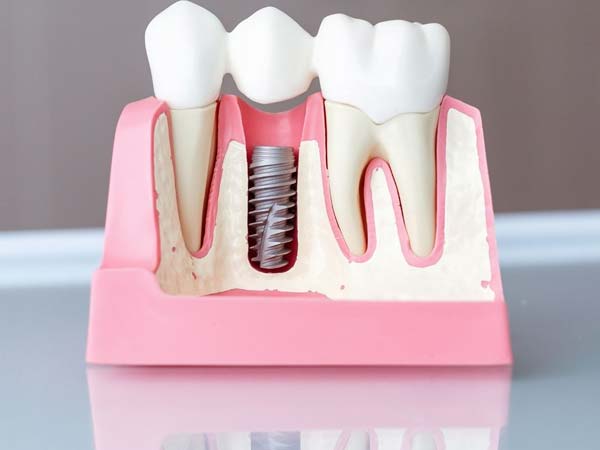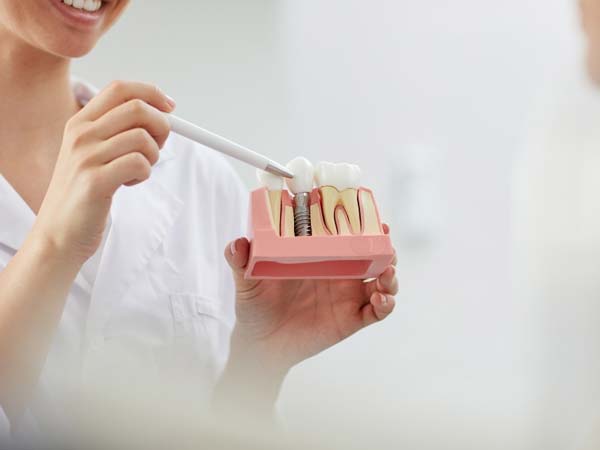
Oral Surgery: Restoring Oral Health and Function with Surgical Expertise
Oral surgery encompasses a range of procedures that address various conditions and concerns affecting the mouth, jaws, and facial structures. From tooth extraction and wisdom teeth removal to corrective jaw surgery and dental implant placement, oral surgery plays a crucial role in restoring oral health, relieving pain, and enhancing overall well-being. Let’s explore oral surgery in more detail and understand how it can help you maintain a healthy and functional smile.
Common Oral Surgery Procedures:
- Tooth Extraction: Tooth extraction is the removal of a severely damaged, decayed, or infected tooth. It is often performed when a tooth cannot be saved through other dental treatments, such as root canal therapy. Tooth extraction helps alleviate pain, prevent the spread of infection, and create space for orthodontic treatment or dental prosthetics.
- Wisdom Teeth Removal: Wisdom teeth, also known as third molars, often erupt in the late teens or early twenties. However, due to inadequate space in the jaw or improper eruption, wisdom teeth can cause various problems, including pain, infection, and damage to neighboring teeth. Wisdom teeth removal is a common oral surgery procedure to prevent these complications and maintain oral health.
- Dental Implant Placement: Dental implants are titanium posts that are surgically placed into the jawbone to replace missing teeth. The oral surgery procedure involves the precise placement of the implant in the jawbone, allowing for osseointegration (the fusion of the implant with the bone) to occur. Dental implants provide a durable and natural-looking solution for replacing missing teeth and restoring oral function.
- Corrective Jaw Surgery: Corrective jaw surgery, also known as orthognathic surgery, is performed to address irregularities in the jaws and facial structures. It can help correct issues such as malocclusion (misaligned bite), jaw misalignment, temporomandibular joint (TMJ) disorders, and facial asymmetry. Corrective jaw surgery aims to improve oral function, facial aesthetics, and overall oral health.
- Treatment of Oral Pathologies: Oral surgery also encompasses the diagnosis and treatment of various oral pathologies, including cysts, tumors, and infections. Surgical intervention may be necessary to remove these abnormalities and promote oral health.
The Oral Surgery Process:
- Consultation and Evaluation: During your initial consultation, the oral surgeon will review your medical and dental history, perform a comprehensive oral examination, and order any necessary diagnostic imaging, such as X-rays or CT scans. This evaluation will help determine the most appropriate treatment plan for your specific condition.
- Preparation and Planning: Once a treatment plan is established, the oral surgeon will discuss the procedure, address any concerns or questions you may have, and provide pre-operative instructions. They will also explain the anesthesia options available, such as local anesthesia, intravenous sedation, or general anesthesia, to ensure your comfort and safety during the surgery.
- Surgical Procedure: On the day of the surgery, the oral surgeon will administer the chosen anesthesia to ensure a pain-free experience. The procedure will be performed with precision and expertise, taking into account your unique oral health needs. The duration of the surgery will depend on the complexity of the procedure.
- Recovery and Post-operative Care: After the surgery, you will be given detailed post-operative instructions to promote healing and minimize discomfort. This may include pain management strategies, dietary restrictions, oral hygiene guidelines, and follow-up appointments to monitor your progress.
Benefits of Oral Surgery:
- Improved Oral Health: Oral surgery helps address oral conditions that may be causing pain, discomfort, or infection. By removing diseased or damaged teeth, treating oral pathologies, or correcting jaw irregularities, oral surgery restores oral health and function.
- Enhanced Aesthetics: Some oral surgery procedures, such as corrective jaw surgery or dental implant placement, can improve facial aesthetics and create a more harmonious facial profile. This can boost self-confidence and improve overall facial appearance.
- Relief from Discomfort: Oral surgery procedures can provide relief from chronic pain, discomfort, or functional limitations caused by dental conditions, jaw irregularities, or oral pathologies. This can significantly improve your quality of life and overall well-being.
- Long-lasting Results: Many oral surgery procedures offer long-lasting results, providing a durable solution for various oral health concerns. Dental implants, for example, can last a lifetime with proper care and maintenance.
- Comprehensive Treatment: Oral surgery is often an essential component of comprehensive dental treatment plans. By addressing underlying oral health issues, oral surgery sets the stage for successful restorative and cosmetic dental treatments.
Trust the Expertise of an Oral Surgeon:
Oral surgery requires specialized knowledge, skills, and experience. It is essential to seek treatment from a qualified oral surgeon who can provide comprehensive care and ensure your safety throughout the procedure. An experienced oral surgeon will work closely with you, addressing your concerns, and customizing a treatment plan to meet your specific needs.
Maintain Your Oral Health with Oral Surgery:
Oral surgery plays a vital role in maintaining oral health, restoring functionality, and improving aesthetics. Whether you require a tooth extraction, wisdom teeth removal, dental implant placement, corrective jaw surgery, or treatment for oral pathologies, consult with an experienced oral surgeon to explore your treatment options. Take the first step towards a healthy, functional, and beautiful smile by scheduling an oral surgery consultation today.
FAQs (Frequently Asked Questions)
- Is oral surgery painful? During oral surgery, you will be under the effect of anesthesia, ensuring that you do not experience any pain during the procedure. After the surgery, some discomfort or swelling may be present, but your oral surgeon will provide you with appropriate pain management instructions and medication.
- How long does it take to recover from oral surgery? The recovery period varies depending on the specific procedure and individual factors. It may take a few days to several weeks to recover fully. Your oral surgeon will provide you with post-operative instructions, including tips on managing pain, swelling, and promoting healing.
- Are there any risks associated with oral surgery? As with any surgical procedure, there are potential risks and complications associated with oral surgery. However, these risks are minimized by choosing a skilled and experienced oral surgeon, following pre- and post-operative instructions, and attending all recommended follow-up appointments.
- Will I be able to eat normally after oral surgery? Your ability to eat normally may be temporarily affected depending on the type of oral surgery you undergo. Your oral surgeon will provide specific dietary guidelines and recommendations to ensure a smooth recovery. In most cases, you will gradually be able to resume a normal diet as you heal.
- When should I consult an oral surgeon? You should consult an oral surgeon if you have dental conditions that require surgical intervention, such as impacted wisdom teeth, severe tooth decay, jaw irregularities, oral pathologies, or the need for dental implants. Your general dentist may refer you to an oral surgeon if necessary.











